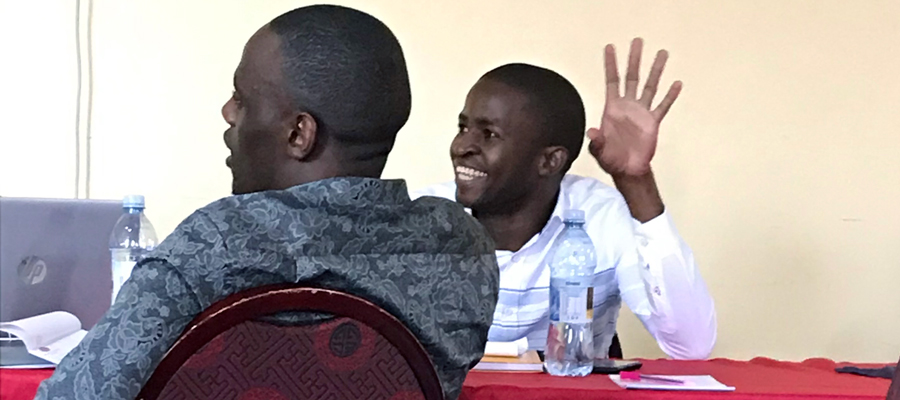ProgRESSVet East Africa
About the program
ProgRESSVet-East Africa is an education and training program for animal health and veterinary professionals in Kenya and Uganda. The program is designed to support participants as they develop the knowledge, skills, and relationships necessary to excel and contribute to economic development through their daily work.
The goal of ProgRESSVet is to improve local, national, and regional practices for animal health, and promote access to international trade markets for sustained local development. ProgRESSVet-East Africa is supported through a grant from the Bill & Melinda Gates Foundation.
The previous iteration of the ProgRESSVet East Africa was conducted in Kenya and Uganda between 2019 and 2023. This project aimed to enhance Veterinary Service capacity by leveraging PVS Gap Analysis. Notably, a total of 74 participants were successfully trained during the program, with 27 participants from Uganda and 47 from Kenya. These individuals were equipped with essential skills to formulate evidence-based proposals addressing the improvement of animal health and food safety.
The participants' efforts resulted in the development of 21 comprehensive proposals, 12 of which originated from Kenya and 9 from Uganda. These proposals align with national priorities and address crucial areas identified in the World Organisation for Animal Health’s Performance of Veterinary Services evaluation process.
ProgRESSVet East Africa will continue in 2024 with our fourth cohort in both Kenya and Uganda. This next phase of our program will facilitate regional expansion, offering a unique opportunity to strengthen collaboration among member countries and leverage the expertise and networks cultivated since ProgRESSVet’s inception in Latin America in 2017.
